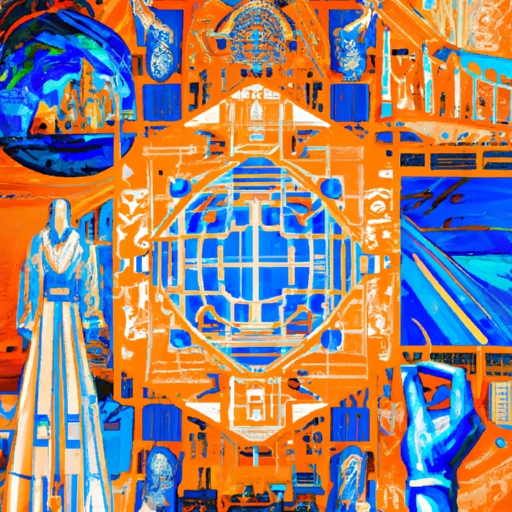As a society, we constantly face change and must adapt to new ideas, technologies, and ways of thinking. It’s important for us to find a balance between acknowledging our past and striving for a better future, without becoming trapped by tradition.
I once had a thought-provoking encounter while working on an IT project with my friends Jaro, Miguel, Rafael, and Joel. Guy Pierce, a member of the Jehovah’s Witnesses governing body, paid us a visit in the Patterson Art Department. Known for his teasing, which was apparently dubbed “Pierce-cution,” Guy Pierce would often engage in light-hearted banter about how “his Surface tablet was better than iPad” and occasionally ask Bible-related questions.
During this visit, he mentioned, “One day we won’t need to read the Bible anymore.” My response was blunt but sincere: “Imagine that, reading the Bible and then shelving it.” The atmosphere in the room was charged with surprise, as my friends and I absorbed the weight of my statement.
Although we never openly discussed the implications of my comment, I believe it made us all reflect on the importance of moving forward and not simply clinging to old ideas because they are familiar. In retrospect, I felt a sense of excitement about the possibilities that the future holds, even as Guy Pierce’s reference to the new system with “perfect minds” offered a different perspective.
This experience served as a reminder that as we journey through life, we must strive to break free from the chains of the past without insulting the generations that came before us. We need their cooperation to solve modern problems or, at the very least, to find peaceful means to encourage them to embrace change and progress.
In a world that continues to evolve, it is vital to maintain a balance between respecting our roots and pushing the boundaries of what’s possible. By doing so, we can forge a path towards a more enlightened and progressive future, where we can all learn from one another and create a better world for generations to come.



